Lincoln legal high ban comes into force
- Published
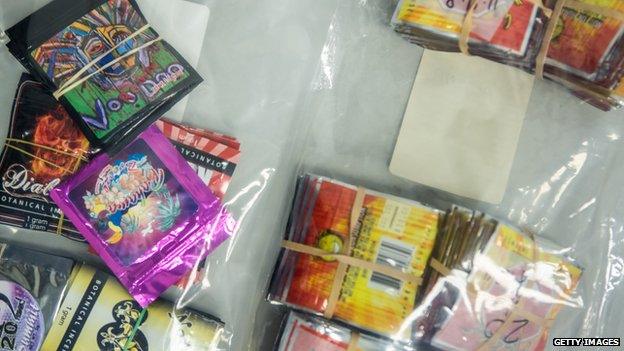
Lincoln has banned the use of legal highs in public places
The UK's first city-wide ban on people taking legal highs in public has come into force.
Under the new rules, police in Lincoln have the power to confiscate the substances from anyone thought to have taken them.
Breaking the order is a criminal offence which could lead to an on-the-spot penalty or a fine from the courts, police said.
Insp Pat Coates said he hopes the order will reduce anti-social behaviour.
A public spaces protection order (PSPO), which allows councils to clamp down on certain activities, was approved in February.
Since councillors voted in favour of the ban, both of the city's "head shops"- which specialised in selling legal highs - have closed.
Marley's, which stocked pipes and tobacco alongside legal highs, shut down voluntarily, while Head Candy closed after it was served with a community protection notice by the City of Lincoln Council.

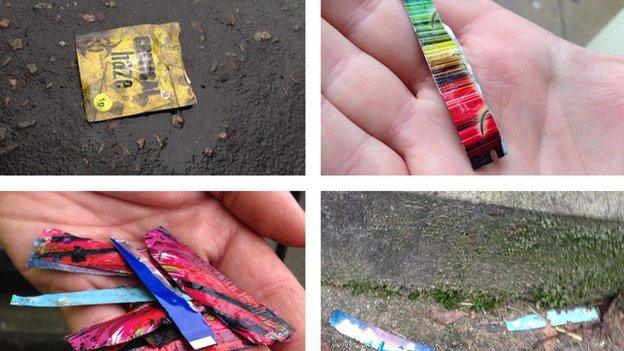
What are legal highs?
Legal highs are substances which produce the same, or similar effects, to drugs such as cocaine and ecstasy, but are not controlled under the Misuse of Drugs Act
In many cases, they are designed to mimic class A drugs, but are structurally different enough to avoid being classified as illegal substances, so it is legal to possess and use them
This is because there is not enough research about them to base a decision on
They cannot be sold for human consumption, but are often given labels like plant food to get round the law
Most fall into three main categories: stimulants, sedatives or hallucinogens
The chemicals - known as New Psychoactive Substances (NPS) - are made on an industrial scale in countries like China and India and then packaged and distributed throughout Europe

Insp Coates, the officer in charge of city centre policing, said the closure of the shops and the ban on legal highs would "make a real difference".
He said Lincolnshire Police had also introduced other measures, including targeting street sellers and extra patrols.
Dismissing claims the ban would be unenforceable, Insp Coates said most of the incidents involving legal highs were reported to police by shop security staff or members of the public.
He said the force was called to a 16-year-old boy at the weekend who required hospital treatment after collapsing at the the city's bus station.
"This is why we are trying to do something about it," he added.
The number of incidents involving legal highs in the city increased from seven to 820 between 2010 and 2014.
However, campaigners have said the ban is confusing.
The Manifesto Club, which campaigns against over-regulation, said the Anti-Social Behaviour, Crime and Policing Act is creating "a patchwork" of laws, with discrepancies from town to town.
Under the act, external, which became law last year, local authorities can use PSPOs to ban certain activities they believe are having a "detrimental impact" on the quality of life.
- Published30 March 2015
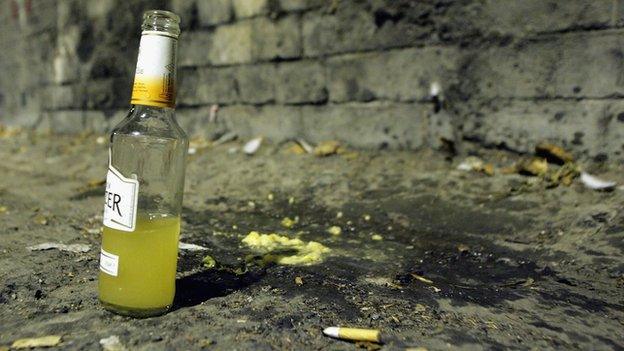
- Published6 March 2015
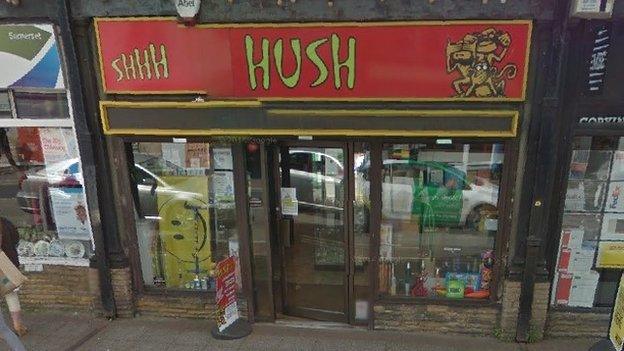
- Published24 February 2015
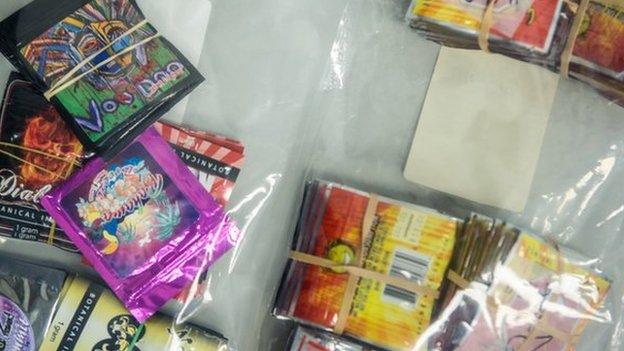
- Published24 February 2015
- Published24 February 2015
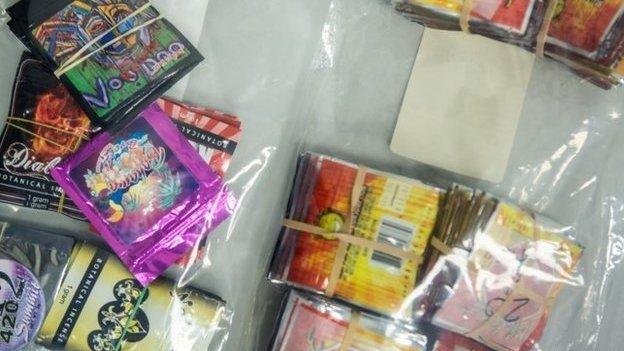
- Published19 January 2015
